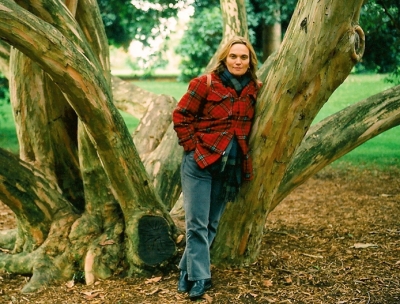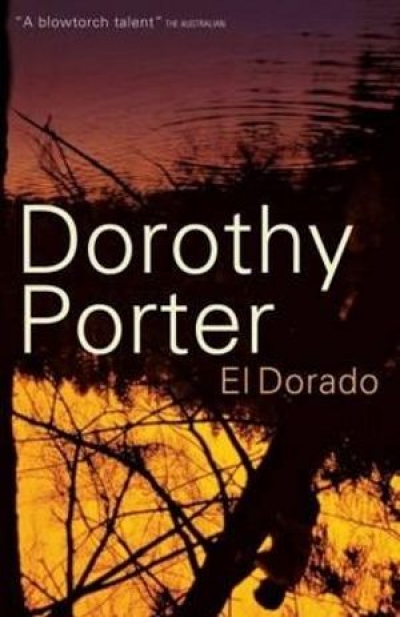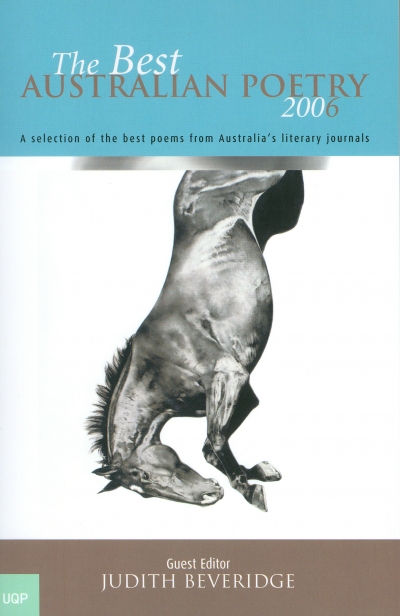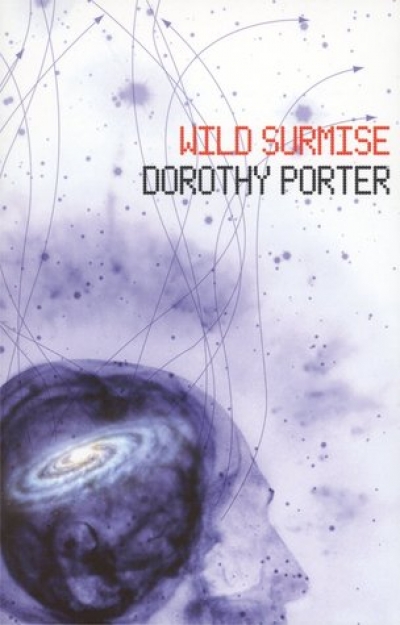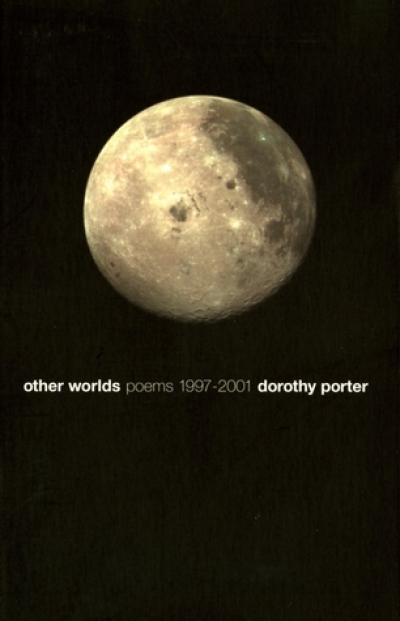Dorothy Porter
I heard the Egypt story countless times, but then Dorothy Porter believed that if a story was worth telling, it warranted multiple retellings. In the late 1980s, before Dot and I met, she visited Egypt to gather material for her verse novel Akhenaten (1992). In Cairo, she joined a tour group taking in the major historical sights ...
... (read more)Waiting on a reeking strange
railway station –
then the dead-quiet but crowded
night ferry.
I’ve been woken up
by a red wattle bird
flinging himself
at the glass
of my half-open window
calling throatily
with raucous cheek
as he prances the wood
of my balcony rail ... (read more)
We were never married, Dido.
Cease weeping, let me leave and agree
we both knew real spouses.
Even as the ghost of my precious wife passed
through my clutching arms like mist
The Best Australian Poetry 2006 edited by Judith Beveridge & The Best Australian Poems 2006 edited by Dorothy Porter
This six a.m. moment
in the cool-blue cool
of early morning
is not eternal.
It’s the silence. Even by the river, my ears are straining. It’s the silence. At this moment it’s a warmish humid silence with the grass outside lushly mesmerising the eye.
... (read more)
